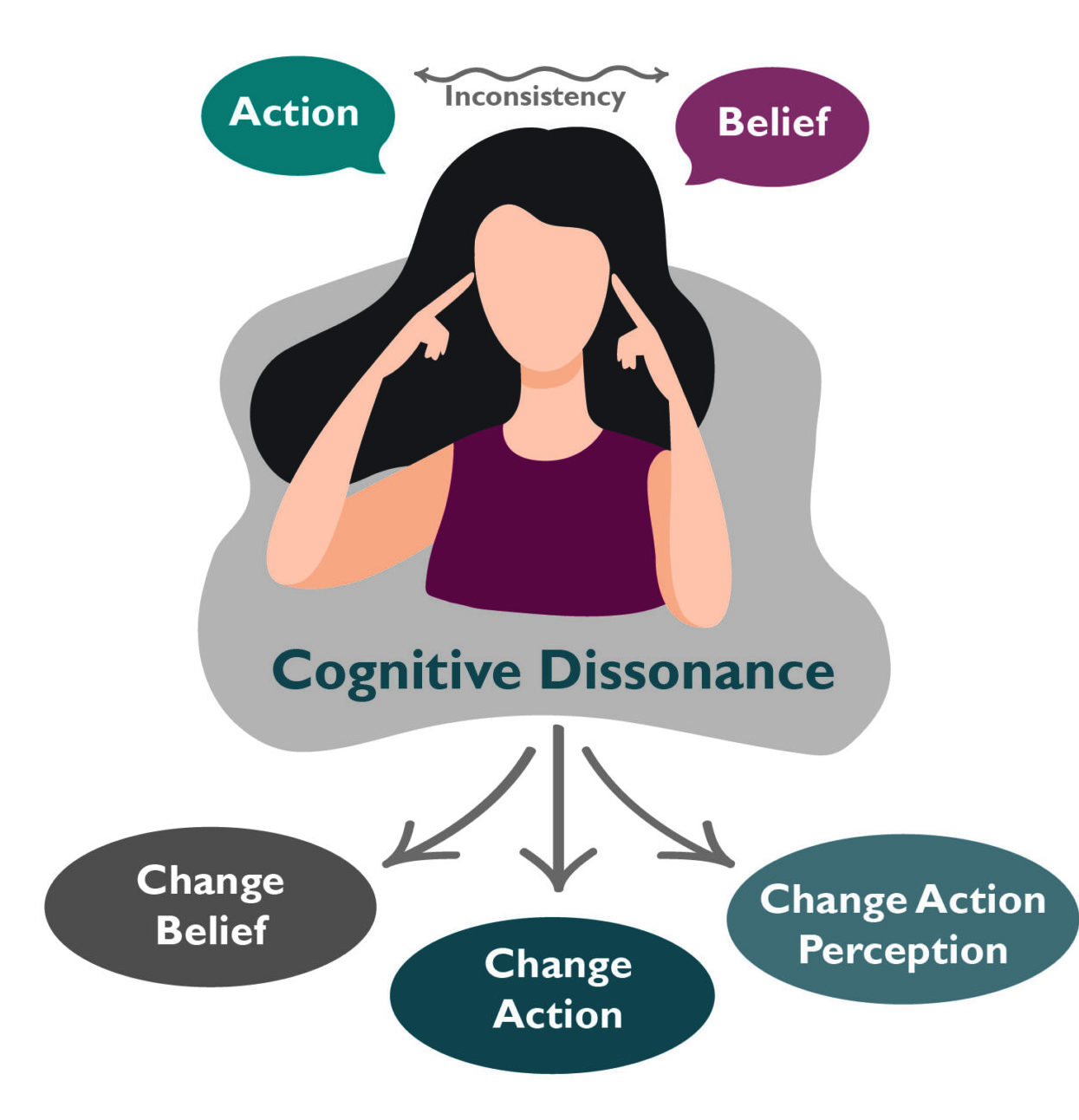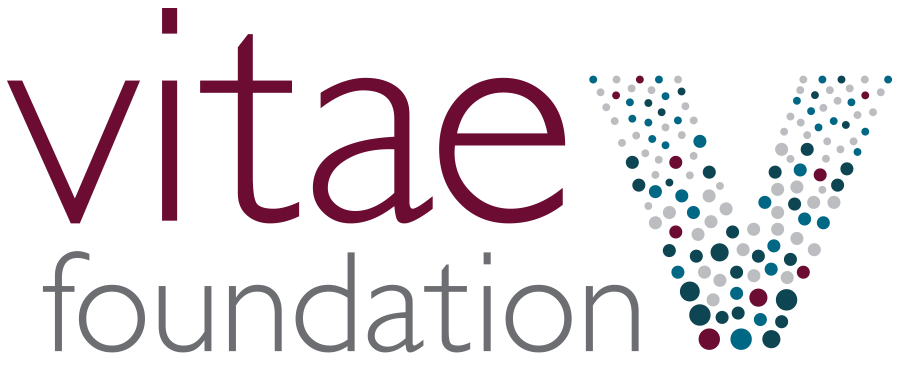By Kelsey Brown
Many of you might have heard the famous quote by Martin Luther King, Jr., “Morality cannot be legislated, but behavior can be regulated. Judicial decrees may not change the heart, but they can restrain the heartless.” We saw this when Roe v Wade was in place, but now, we’re in fifty legislative battles for morality. Eleven states in particular have been targeted, including Missouri, to add an amendment to their state constitutions, calling for abortion up to birth, for any reason. Regardless of whether abortion legislation passes, abortion proponents always find a way to keep it accessible.
In anticipation of Roe’s overturn, there was a shift from surgical abortion to chemical abortion pills. In an effort to continue to increase accessibility to abortion pills, there has been a surge in mail-order abortion pills. Legislating the abortion issue mirrors the dance of a king and queen on a chess board, shifting places and chasing one another from one end of the board to the other.
Vitae Foundation doesn’t intend to legislate the issue, we want a complete culture shift. We want abortion to not just be illegal but unthinkable. Our strategy involves creating cognitive dissonance in the minds of the viewers.
Have you ever felt uncomfortable when you act in a way that is inconsistent with your values or beliefs? Here’s an example: Say you just committed to a new diet plan and that doughnut, cupcake, or sweet treat was hard to resist so you considered it your “cheat meal” and then made up for it by skipping your next meal. That is an example of how people cope with inconsistencies between their beliefs and actions. That back-and-forth psychological conversation is called “cognitive dissonance.”
When it comes to the abortion issue, there are many people who often say, “I personally wouldn’t choose abortion, but I don’t want to make that decision for someone else,” and many of them go on to support abortion in the voting booth. Do you see the inconsistency in their actions and their beliefs? Vitae did too, and that’s why we developed a strategy that could cause cognitive dissonance and cultural change.
Knowing exactly who our target audience is should allow the Pro-Life Movement to create strategies to purposefully move the needle with this group of people. However, in the previous state battles, that hasn’t happened, and we’ve lost every single time. Vitae’s strategy doesn’t attempt to tell people how to think and feel, it causes people to identify their own internal conflict, and seek a way to resolve the cognitive dissonance.
Since Vitae’s earliest days of producing mass media TV ads, and after thirty-plus years of research, we launched the National Concern for Women Strategy (NCWS). One component of the strategy uses ads that take the viewers on a journey from the sentiment of “I personally wouldn’t choose abortion, but I don’t want to make that decision for someone else,” to “abortion is the ending of another human, I am not okay with that, and I will protect life.” The ads use educational and persuasive messages based on Vitae’s research to prompt viewers to question their pro-choice position by ending with a “think about it” tagline.
We recognize that we will not get them through that entire journey by the abortion ballot votes in November. However, we can get them to a point on their psychological journey where they have just enough doubt to vote against reckless constitutional amendments and begin the move toward long-term cultural change.
Each of Vitae’s research studies echoes each other in that people do not want to be told how to think and feel but respond to a non-confrontational message that allows them to think for themselves. Traditional messages are falling flat in creating a cultural shift, so we need to change our approach. If we use a strategy that causes cognitive dissonance, Vitae believes we can not only stop the losses at a state level, but we can win the hearts and minds of the American people by building a future where abortion is unthinkable.

